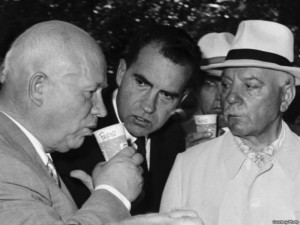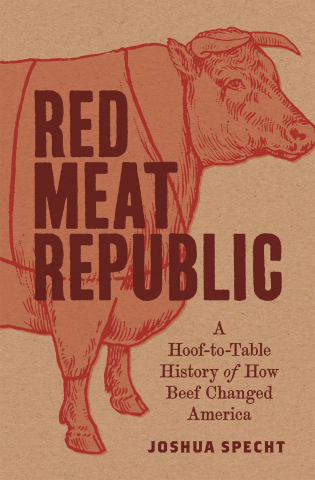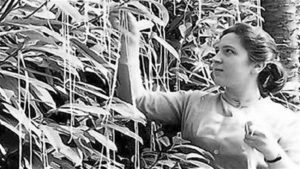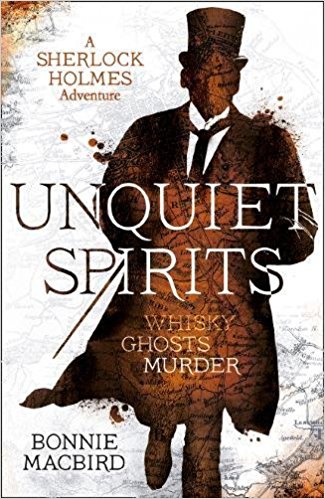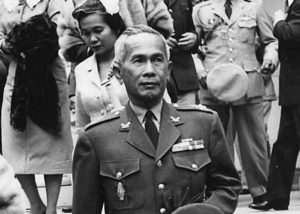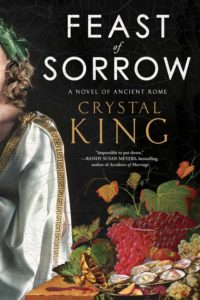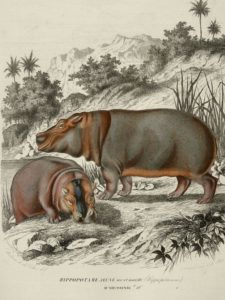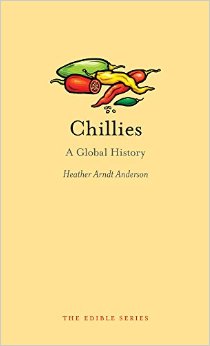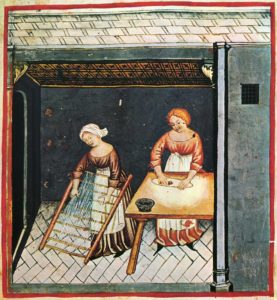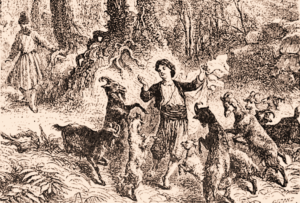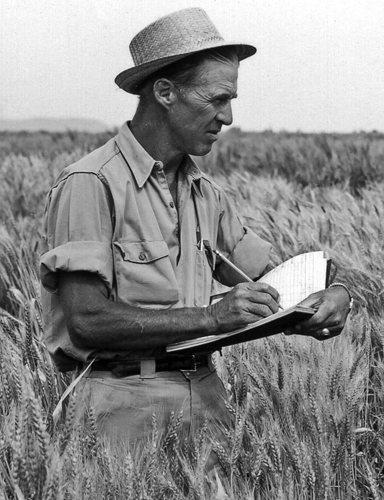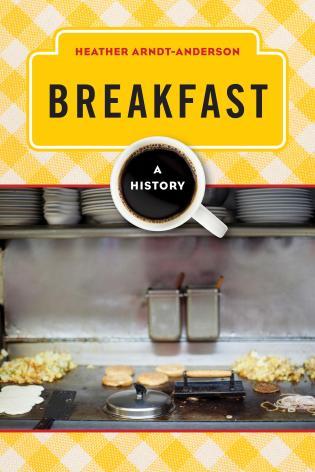Crystal King is a long-time friend of the program, and has appeared previously to talk about her debut novel Feast of Sorrow, and her follow-up The Chef’s Secret. Her newest novel, In the Garden of Monsters, blends Greek and Roman mythology, the history of postwar Italy, and surrealism into a page-turning gothic romance. In our interview we talked about the unique setting of her book, the mythological elements she drew upon, and Salvador Dali.
Podcast: Play in new window | Download
Subscribe: RSS
